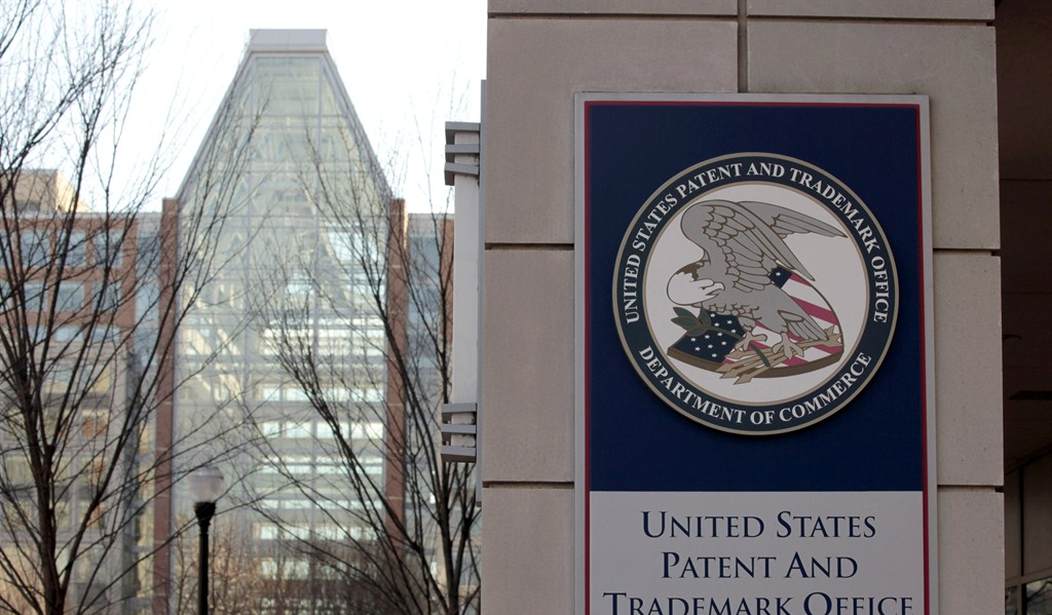Recently, arguments have
So what exactly is a patent “troll?” There is no universally used definition, but often it includes the notion that while it is someone who does own a patent, which is to say property, they are not using it or manufacturing the patented item. They generally seek to enforce their patents in an opportunistic way, often by acquiring particularly broad or sloppy patents to seek an opportunity in the legal marketplace. Ultimately, this is the trouble.
The issue is not whether a property owner should be free to dispose of their property as they see fit --it is their property. The problem is that some property owners are bad actors, opportunistic exploiters of a troubled system. As IPI published previously, “…those who bring, or threaten to bring, abusive, frivolous litigation that is designed to leach innovation of its value. The litigation they threaten to bring typically takes advantage of low-quality patents—sloppily awarded patents that are vague and obvious, often covering commonsense steps that are performed every day in a number of businesses. Armed with such ill-defined patents the bad actors threaten litigation against a broad swath of companies seeking settlements as the companies seek to avoid costly litigation.” These are the trolls.
Recommended
The imperfections of the patent system can sometimes lead to stifling the innovation the Constitution sought to protect, and at a substantial economic cost. Where those imperfections are exposed, they should be solved to save the system, to save intellectual property, to cut out the cancer so the rest may continue, healthy and prosperous, just as the Founder’s intended. The U.S. patent system is great, and the economy needs it to survive and improve. Targeting troubled areas is exactly the right approach, not ignoring problems with crossed fingers, hoping they will go away.
For example, the current use of “demand letters” is damaging and should be a focus of reform. While defenders of the current system try to paper over the issue and merely consider them as the vehicle for getting to a lawsuit, that is not the case. The typical “troll” patent demand letter is vague and deceptive, alleging patent infringement to demand unjustified payments from innocent individuals and businesses. A fair number of these letters do not even go to the manufacturer of the supposed infringing product but rather go after those who innocently bought and are using the product, demanding that they pay up or else.
They truth is that those who are exploiting the U.S. patent system are only seeking a payout on a shakedown. This is where bad actor apologists miss the point, as it is not the number of court resolutions, rather the number and frequency of shakedowns that drain away our economic future. The “troll’s” goal is in fact not to go to court but rather to scare or bully others into paying them off. And the fix is simple, the law could require that patent demand letters include truthful, basic information.
Other problems are also easily addressed. For example, patent claims should be explained in detail, outlining the basis for the alleged infringement when the complaint is filed. Currently the law does not require that a patent holder explain the infringement, or even let the accused know what product is involved. Someone being sued then has no idea the “how,” “what” or “where,” much less an idea of how to proceed. Also, patent litigation should be made more efficient by weeding out weak cases before the expensive process of discovery. A “Markman hearing” accomplishes this with ease, requiring a judicial decision to what a patent means at the beginning of a case. This limits the case to actual legal issues, and so results in earlier resolutions and less cost.
Ultimately, the core problem is that the government still needs work to be rid of bad patents, which is to say patents that are overbroad or poorly defined. When patents are vague or overbroad, it is difficult, if not impossible, for anyone to accurately determine whether a new creation will infringe a current patent. This is a larger question that calls into doubt software, business process and design patents in particular.
But until those issues can be tackled, the patent system should be strengthened so that it will continue to serve this country as it has for so long. To ignore the obvious problems is to continue down a path of cynicism of the value of patents and hence the value of all intellectual property protection.

























Join the conversation as a VIP Member